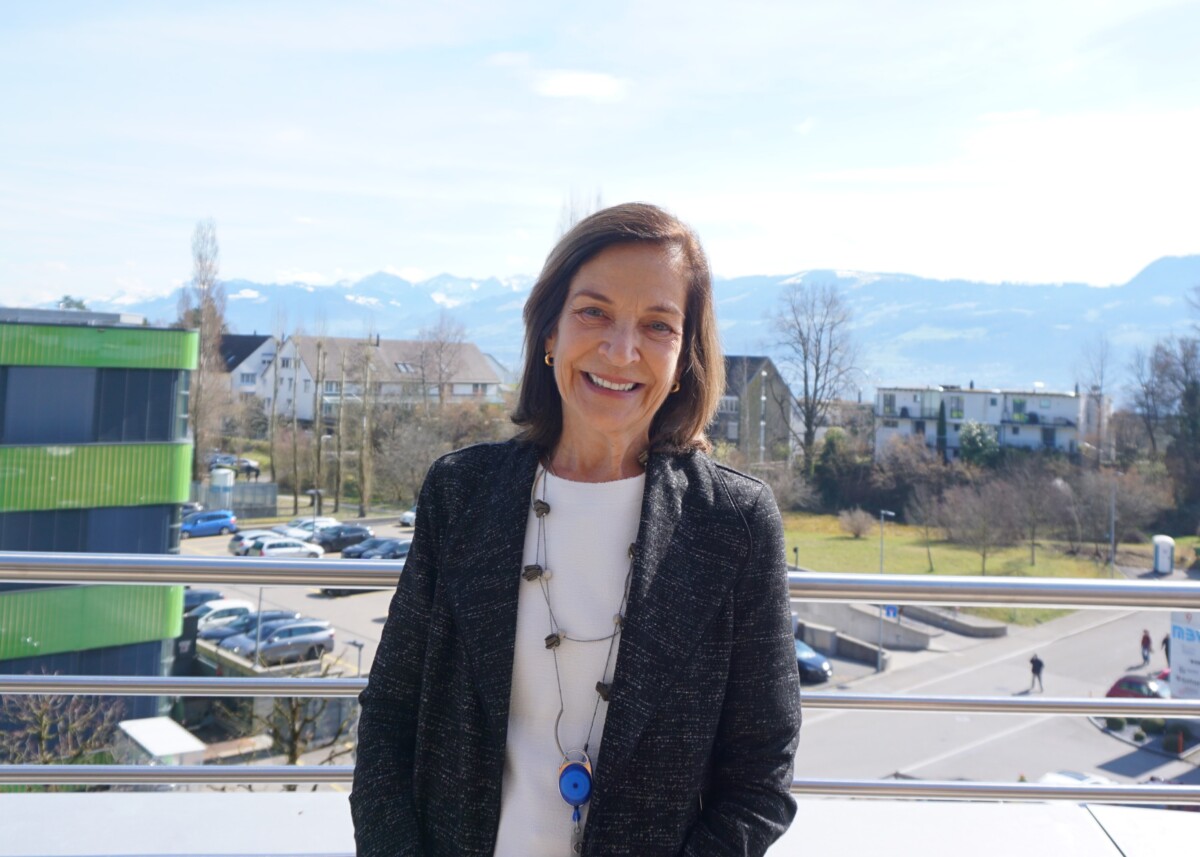Pioneering audiology in Brazil
For decades, Beatriz Novaes has been shaping the field of audiology in Brazil. As a member of the Advisory Board for the Hear the World Foundation, she tirelessly advocates for her passion: ensuring high-quality, early intervention for children with hearing loss.
Affectionately known as ‘Bia Novaes’, she grew up in São Paulo, Brazil, as the daughter of an engineer and an artist. This unique upbringing gave her insights into two very different worlds. As a teenager, she explored various career possibilities, but a pivotal moment came when a family friend invited her to visit a hospital and introduced her to speech pathology and audiology. That day, she knew, “That was it. I wanted to pursue this profession to improve the lives of children with hearing loss in particular.”
The evolution of hearing technology and power of family support
Bia began studying speech-language pathology and audiology in 1975, just as the first cochlear implants and hearing aids were emerging in Brazil. At the time, hearing aids were bulky, body-worn devices clipped to clothing or carried in a pocket, with only the headphones placed in the ear. She witnessed the evolution of hearing technology firsthand. After completing a master’s degree in audiology, she moved to New York to earn her doctorate at Columbia University.
Since 1980, she has served as a professor of audiology at the Pontifical Catholic University of São Paulo while also working as an audiologist in both public and private clinics. Her career has always balanced research, practical audiological care, and speech therapy, ensuring children, and later adults, with hearing loss receive comprehensive support.
Her dream became a reality: she helped children with severe hearing loss learn spoken language and integrate into mainstream education. But Bia emphasizes that technology alone is not enough. “Technology alone is not enough. It’s especially important to involve the parents and provide long-term support to the children and their families, enabling speech therapy,” she explains.

Advocating for access to care
Bia has always been particularly committed to helping low-income families, who often face greater challenges. Rural communities struggle with access to clinics, and families with limited financial resources may not immediately recognize the importance of early intervention, hearing aid fittings, and speech therapy for their child’s future.
Initially, private donations helped middle-income families afford hearing aids. Although she fought for systemic change, successfully advocating for state-funded audiological care programs in Brazil starting in 2004. These programs made hearing care accessible to families who needed it most.
A lifelong impact
Over the years, she has helped countless children with hearing loss. For her, the most rewarding moments come when former patients send her photos of their school or university graduations. Many stay in touch for years, inviting her to their weddings and birthdays. “It’s incredible to see how early intervention can shape a child’s future,” she says.
A former vice president of the Academy of Brazilian Audiology, Bia remains an influential figure in her field. For the past decade, she has also served on the Advisory Board of the Hear the World Foundation. “What I appreciate so much about the foundation is that it’s not just about providing money for hearing aids. The foundation’s goal is to truly enable people to receive high-quality care.” she explains.
Hear the World Foundation follows a holistic approach, supporting children and families beyond just providing hearing devices. “This is crucial because a hearing aid is completely different from eyeglasses, it requires precise fitting, audiological follow up and parental education and counseling.” she emphasizes.
At 68, she remains deeply involved in research and clinical work. One of her greatest concerns is inspiring young professionals to enter audiology, as the field faces a growing shortage of specialists. Despite decades of work, her passion remains unchanged: ensuring high-quality, early intervention for children with hearing loss—both in Brazil and around the world.
